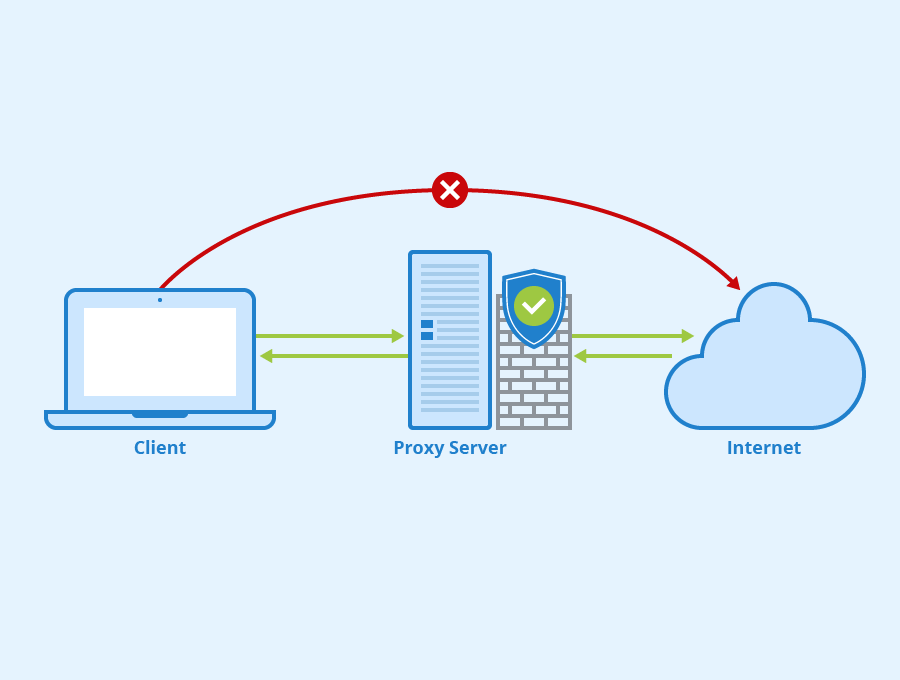 As technology advances at a faster pace than ever, so too does the incidence of cyber-attacks, ransomware, and the likes. On this basis, having a strong cyber security strategy is going to be essential, and having a solid firewall is going to be a big part of this.
As technology advances at a faster pace than ever, so too does the incidence of cyber-attacks, ransomware, and the likes. On this basis, having a strong cyber security strategy is going to be essential, and having a solid firewall is going to be a big part of this.
Let's cover a few firewall basics to get you thinking about the security of your data.
What is a firewall?
A firewall is something that monitors network traffic, both in and outgoing, and allows or disallows that traffic according to the setup of the firewall. They are a first line of defence, similar to the walls of a medieval castle. A basic example is that if a hacker were to attempt to gain access to your network with a known virus, a firewall will block the attempt, as the system knows that data to be malicious. Firewalls can be set up to be as strict as needed, for example only allowing internal users access to specific parts of the network, such as secure data. Firewalls can be software (such as bundled with an antivirus package or intrusion protection system) or hardware (such as a router); having both types is usually valuable.
Fundamentals of setup
The number one thing to keep in mind when setting up a firewall is that it is only as secure as the administrator account for it. The analogy here is that there's no point in having an alarm system if a robber has the code to disarm the system. So, be sure to take steps to secure that administrator access. From there, be sure to set up your firewall or firewalls according to your organisation's individual needs. For example, you will want to have a firewall or modem that is cloud-focused, if your organisation has a system that facilitates work from home or has cloud infrastructure to support that. Conversely, such systems won’t be necessary because of a lack of cloud infrastructure, something more internally focused may suit you better.
You'll also want to consider other fundamentals, such as having a solution that scales according to the size of your organisation; how many resources you have at your disposal to facilitate the type of firewall you want (i.e. cost, no need to support a system for hundreds of users with 40 employees); as well as how much protection you actually need, based on your business model (for example, a bank is going to need stronger security than a lawn mowing organisation). Talking with cyber security experts such as G2IT will be essential in understanding and fulfilling your needs.
Summary
Firewalls are an essential first line of defence for your organisation's data security, and it could be said that no organisation should go without one. If you have questions about firewalls, or anything else relating to IT, get in touch with G2IT: call 1300 325 487 or connect on Facebook and LinkedIn.